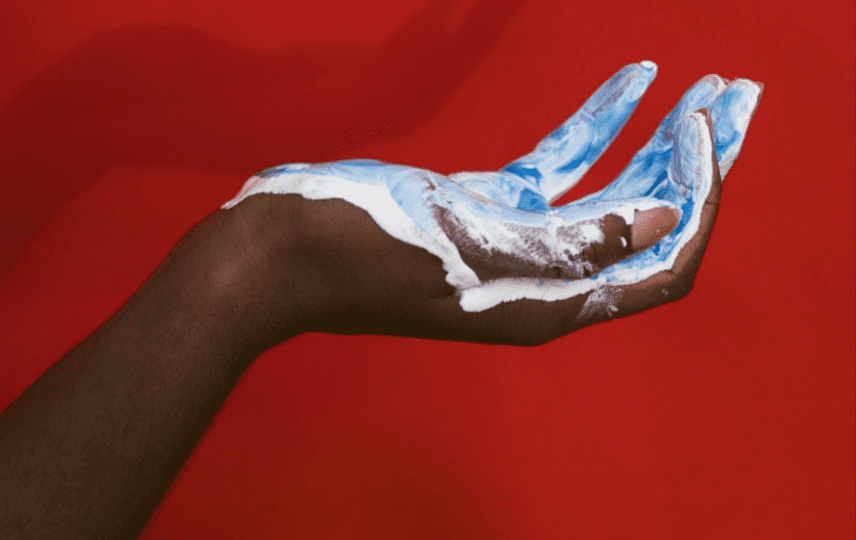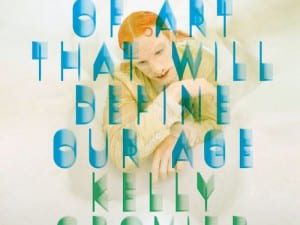“Maybe I call myself a surrealist, I also call myself a sculptor.” These are the words of Dutch photographer Viviane Sassen (b. 1972), an artist who is recognised for her vivid colour palette, bold use of light and shadow, and unique portrayal of the body. Her work is well known in both the fashion and fine art world, instantly recognisable by her use of geometric shapes and abstract bodies for the likes of Miu Miu, Stella McCartney as well as i-D and Dazed & Confused. Tracing a career of more than 30 years, Phosphor, a monograph published by Prestel, showcases the accompanying compendium to Sassen’s previous retrospective at Maison Européenne de la Photographie, Paris. The book probes the relationship between art and artist, recognising the intimate physicality of image-making.


Readers are given an insight into Sassen’s life as we’re taken back to Parasomnia (2007-2011), a series that references the artist’s early upbringing in Kenya, where her father, a doctor, worked at a polio clinic. The work speaks to dislocation, particularly the feeling of being neither a local nor a stranger. She writes, “While feeling to be a part of this world, I have also kept on being aware of the fact that I would never really be a part of it. Very soon, I have come to understand that I would always remain a stranger. In this way I try in my work to figure out this ambiguity. You feel close but at the same time distant.”

In one image, two boys embrace around a banana leaf. In another, a figure looks to the sky, their face nuzzled into a pink paperback. Elsewhere, we see a young woman tucked into a white sheet, covered with small brown leaves placed over her eyes of mouth. A sense of unease – of sickness and loss – lingers. This is a feeling that continues in series such as Of Mud and Lotus (2017), a collection that experiments with collage and hand-coloured pieces, and Paint Study (2021), a work that introduces paint and ink to photography. Here, bodies are framed as shape-shifting forms, lathered in white shaving cream and ink.


Clothilde Morette writes in one of the book’s opening essays, “Sassen delves into her memory, extracts her dreams, fantasies and fears, and confronts them with the materiality of the world.” As a result, we’re given a photobook loaded with desire, grief and humour. Uniquely, it’s a monograph that can be read from both front and back – the first half presenting familiar editorial and fashion shots replete with women in blue silk dresses, draping their bodies over red lounge chairs or caught in sleek asymmetrical jumpsuits. Flip the text over, and we see something else entirely: a personal lexicon built on close up shots of body parts, ruptured trees and photographs evocatively stained with paint. Here, Sassen unpacks a world that is complex and unsolvable, one that sits just below the surface, in a refusal to be neatly categorised.
Viviane Sassen: Phosphor | prestelpublishing.de
All images courtesy of Viviane Sassen ©





